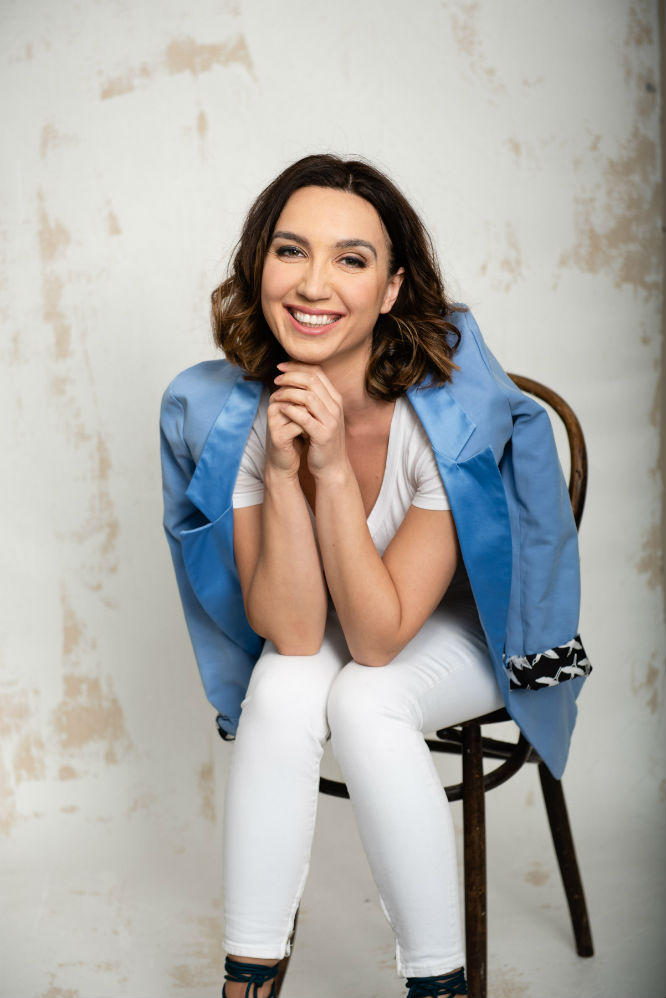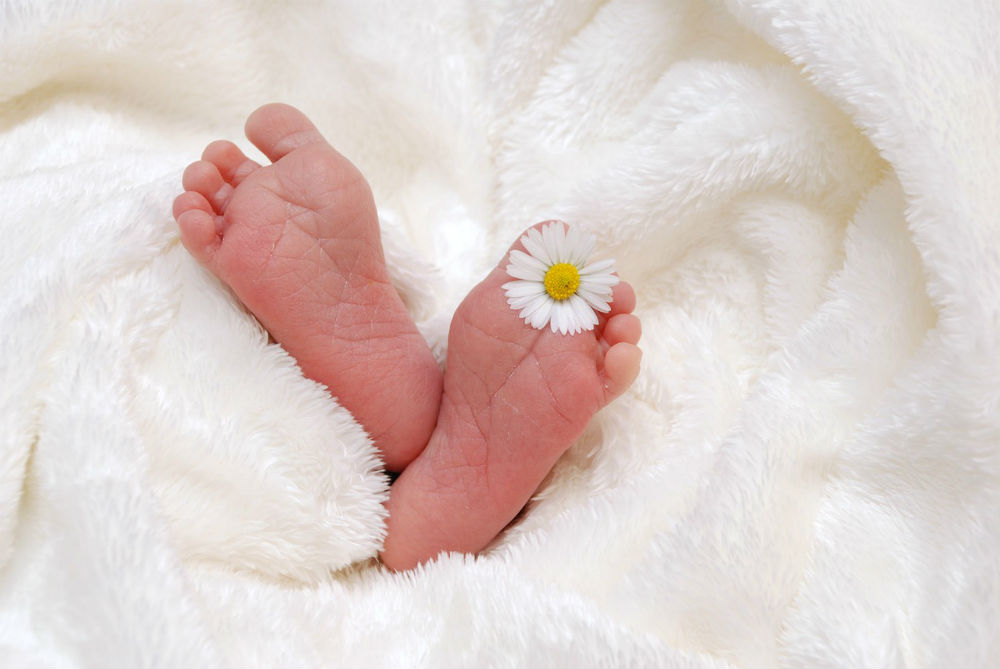
Traditionally developed to preserve fertility for women undergoing cancer treatment and earlier menopause, egg freezing has also increasingly become a social choice for many women, aware of their own biological clock and wishing to give themselves the best chance of having children later in life, if they’re not yet ready to start a family.
Here are the facts about freezing your eggs:
What can you expect?
Egg freezing involves the same principles as IVF, that means your ovaries are stimulated with injections that will make them produce several eggs in one go. When these are mature, they are collected via a short operative procedure that involves using a needle into the vagina and then the ovaries, to aspirate and collect all of the eggs. These are then frozen and preserved at this age, and later thawed, fertilised and used to create embryos that can then be used for implantation.
What are the costs?
Egg collection and freezing is expensive and cost between £3000 to £5,000 in the UK. Storage costs are extra, around £150 to £400 a year. As all women have different ovarian reserves and are of a different age when undergoing the procedure, some may need more than one round of ovarian stimulation to be able to collect enough eggs to be able to give themselves a decent chance of conception.
How long can you store your eggs for?
Current law in the UK only allows a woman to store her frozen eggs for a maximum of 10 years, unless there is evidence that a woman is at risk of premature menopause. In this case, eggs can be frozen up to the age of 55. There is a campaign to try and extend the egg freezing limit for all women, in particular as women are likelier to have egg freezing when younger to optimise their chance of success, but at the moment, if a woman freezes eggs in her mid twenties, her egg storage limit would expire by her mid thirties, yet not all women will necessarily want to have children by that age.

What are the down sides?
Feeling that you’ve done what you could to help preserve your fertility can suddenly take a lot of pressure off that can be very empowering, giving you a new perspective and positive attitude on the future. However, the success rates for successful pregnancies following egg freezing compared to embryo freezing, are much lower, and if you just freeze eggs, you have no idea about their quality until they are fertilised later down the line when it comes to using them. So, in essence, you could potentially be giving yourself a false sense of hope. This is why it’s important to offer the option of embryo freezing as well as egg freezing, either with the sperm from your current partner, or donor sperm if you are single, in order to maximise the chance of pregnancy later, but this option won’t be for everyone. It’s also important to realise that transferring an embryo later in life is not the same as it is in a younger woman, and that pregnancy related complications, such as pre-eclampsia and high blood pressure, are more common in older age. Also, during the time of ovarian stimulation, injections will need to be taken at the same time every day and you will need to attend scan appointments regularly. As well as being expensive, the process of egg freezing and IVF can often be emotionally and physically challenging and so it’s important to consider confiding in someone you trust to help support you in this process.
What are the success rates?
Success rates are very dependent on your age. As a general rule of thumb, the more eggs that are collected for freezing, the better the chance of success in terms of achieving a pregnancy later in life. However, despite this, success heavily depends on egg quality, which is determined by age. To have a good chance of having one live birth, a 37 year old woman would need to have close to double the number of eggs frozen that a 34 year old would, and by the time a woman is over the age of 40, the chance of successful pregnancy with egg freezing becomes very small due to the significant decline in egg number and quality. It’s important to realise that just because a good number of eggs may be extracted, even over several cycles of stimulation, not all of these eggs will be capable of fertilisation, and not all of the fertilised eggs will be able to produce good quality embryos that can give rise to babies. The birth rate with previously frozen eggs per embryo transfer is around 19%, on average but, again, is heavily influenced by age.
When should you freeze your eggs?
The optimal age to freeze eggs are when you are young, but not too young. Not surprisingly, the highest live birth rates from previously frozen eggs are shown to come from women who undergo the procedure before they are 30. However, the average age at which women freeze their eggs is around 37, with many women closer to 40 by the time they consider doing this. It is generally agreed that the best time to freeze eggs would be under the age of 36, when the eggs are still of sufficiently good quality in the majority of women and you are likely to need to use them in the future. It’s important to have a fertility specialist to get assessed before considering egg freezing, as the decline in egg number and quality can start much earlier for some women. If you’re not sure what clinic to go to, the HFEA website has lots of great and useful information to help you to decide and check out the credentials.
Dr Larisa is a Obstetrician and Gynaecologist and leading fertility expert. For more info head to www.drlarisacorda.com
Tagged in Women's Health

